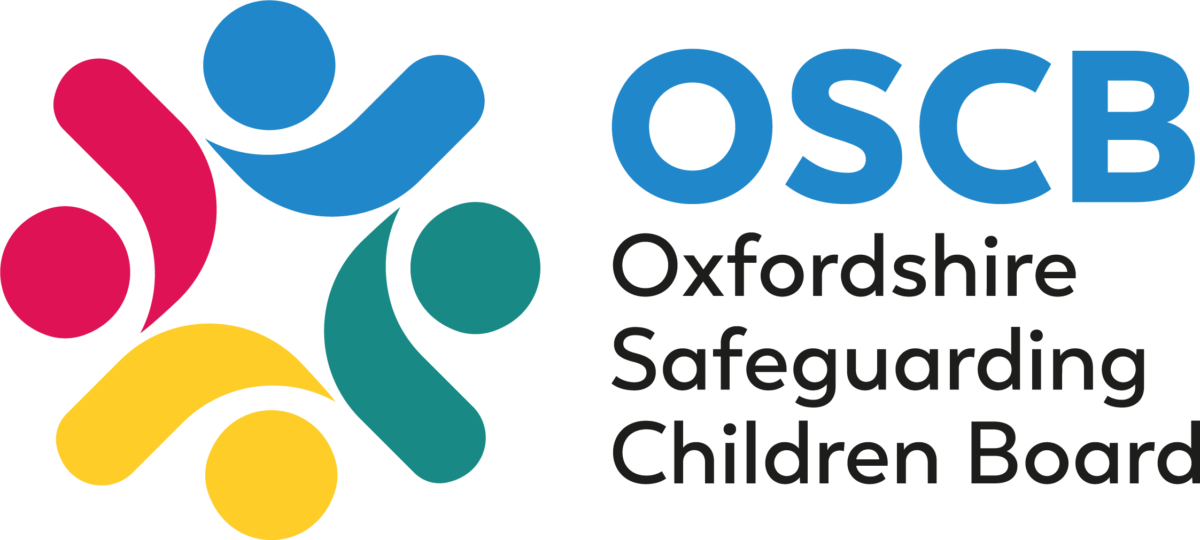Domestic abuse
Domestic abuse is defined by the government as any incident of controlling, coercive, or threatening behaviour, violence, or abuse between individuals aged 16 or over who are or have been intimate partners or family members, regardless of gender or sexuality. This includes psychological, physical, sexual, financial, or emotional abuse. Controlling and coercive behaviours are often central to domestic abuse.
- Controlling behaviour: Acts designed to make a person dependent by isolating them from support, exploiting their resources, depriving them of independence, and regulating their daily activities.
- Coercive behaviour: Acts or patterns of assault, threats, humiliation, and intimidation used to harm, punish, or frighten the victim.
Children and young people may experience domestic abuse in family relationships, use or experience abuse in their own intimate relationships, or exhibit abusive behaviours towards parents (child-on-parent violence).
The definition also includes ‘honour’ based violence, female genital mutilation (FGM), and forced marriage. More details can be found on the Harmful Practices page.
In all cases of domestic abuse involving young people, including those under the age of 16, please follow the guidance below:
